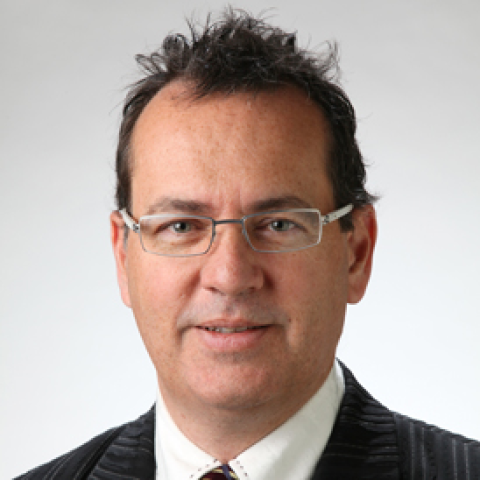
Materials and Protein Engineering for Engineering Immunity and Tolerance
JEFFREY HUBBELL, UNIVERSITY OF CHICAGO
Adaptive immune responses are triggered particularly powerfully in the lymph nodes and in the lymphoid tissues associated with mucosae. Dr. Hubbel's group is developing nanomaterials to exploit interstitial flow from the site of administration to the lymph nodes, using the nanomaterials to carry both antigen and adjuvant biomolecules. They are particularly interested in therapeutic vaccination in cancer, and they have determined that the tumor-draining lymph node is a particularly opportune lymphoid target for cancer vaccination.
In addition to inducing adaptive immune responses, so-called inverse vaccination to induce antigen-specific tolerance is of high interest. The group is exploring biological approaches to deliver protein antigens in a tolerogenic manner, including targeting antigen to the surfaces of erythrocytes after injection, based on the premise that aged erythrocytes are cleared tolerogenically, along with exogenous antigen cargo they may carry. They have shown the ability to induce antigen-specific anergy as well as T regulatory responses, working in models of autoimmunity and of immune response to protein drugs.
February 26th, 2015 at 12:15 PM in Clark Center Seminar Room S360
Hosted by:
Fan Yang, Assistant Professor of Bioengineering and Orthopaedic Surgery, Stanford University
Pre-Seminar February 23th, 2015 at 12:15 PM in Clark S361
